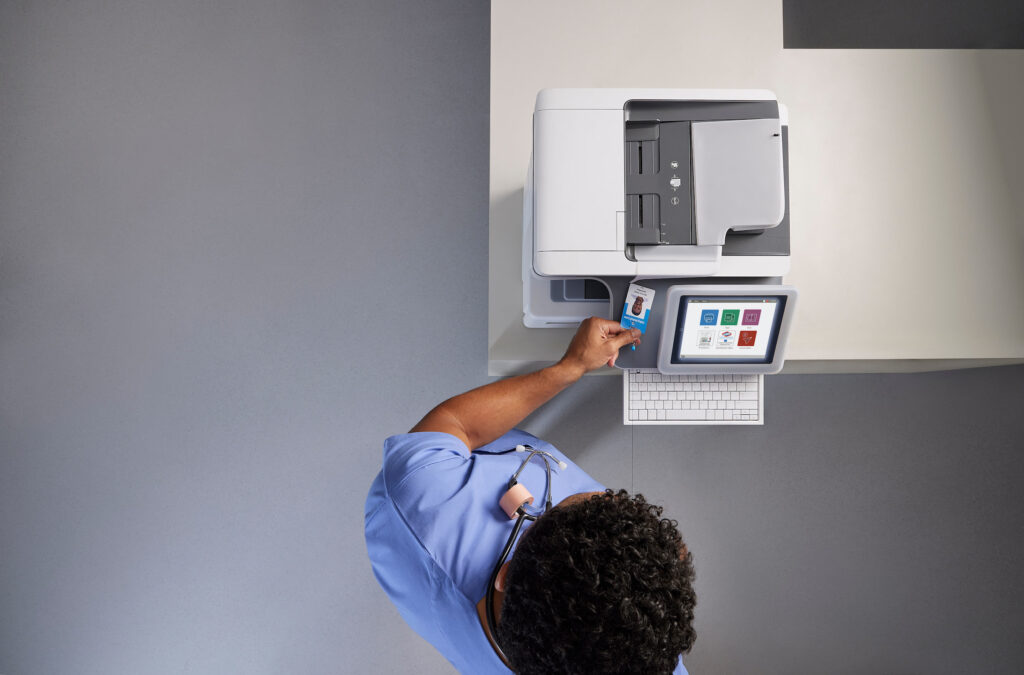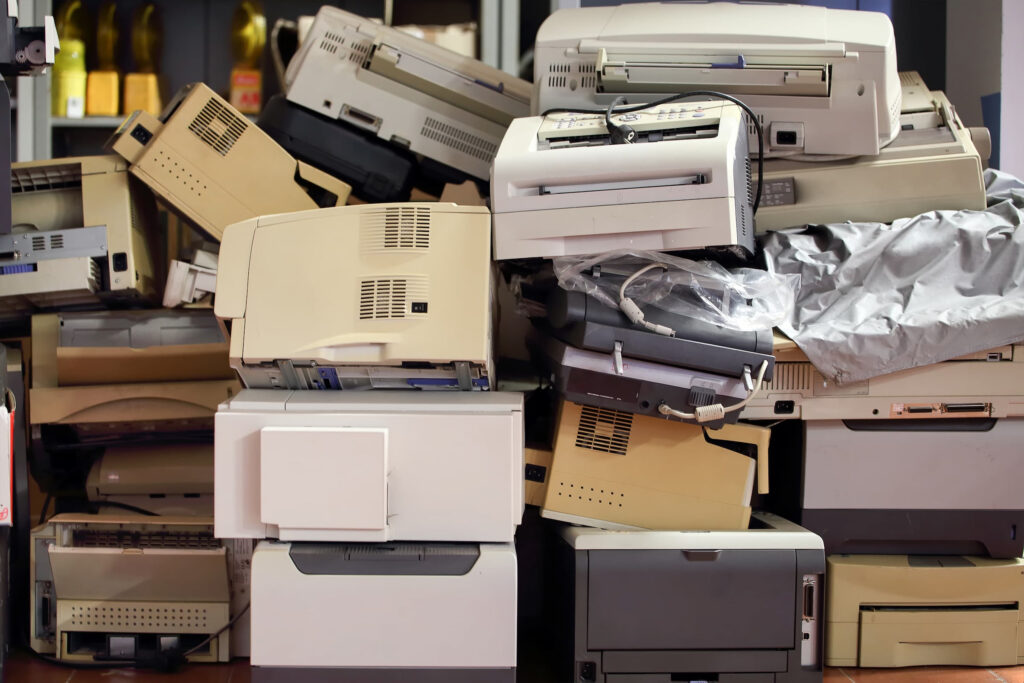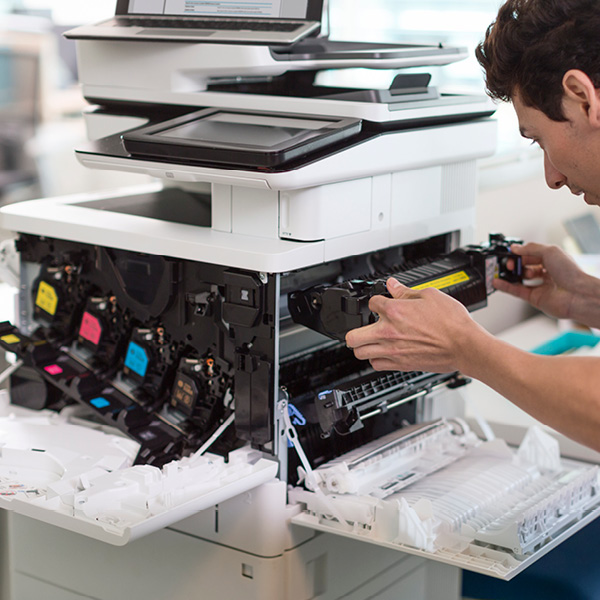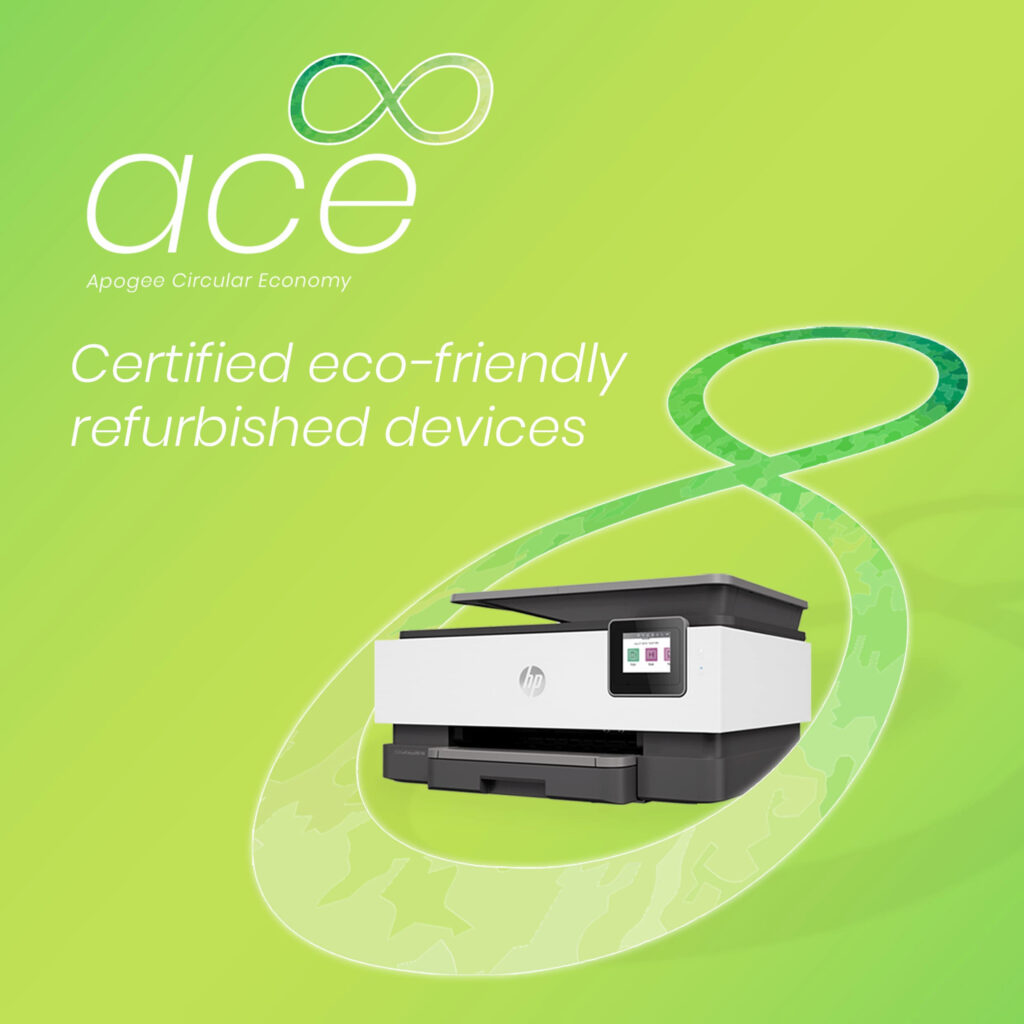
How do you Automate the Invoice Process?
16 May 2023how document management systems work
19 May 2023
How do you Automate the Invoice Process?
16 May 2023how document management systems work
19 May 2023
From e-waste to ecosystem: how refurbished technology can help build a circular economy
The public sector is under growing pressure to lead the way in setting the sustainability agenda for society.
With progress towards environmental, social and governance (ESG) goals facing heightened scrutiny, organisations are being asked questions about their approach to circularity and recycling. Councils are also now recognising social value as a key factor in their commissioning and procurement decisions, incentivising companies to act responsibly and in the best interests of the communities they serve.
However, the fact remains that the UK is one of the world’s largest producers of e-waste. This is a problem shared by both the public and private sector – and workplaces are widely seen as a main culprit. Too many companies are still disposing of their office equipment and technology in landfills once they have reached their end-of-life. Such wasteful linear approaches are causing significant harm to the environment.
But an appetite is growing for better solutions, with employees leading the charge for more sustainable workplace practices. As more people become aware of both their personal and organisational carbon footprints and the impact they have on climate change, employees are increasingly wanting their employers to offer innovative answers to long-standing problems.
Now, organisations can approach the e-waste challenge in a way that creates tangible, long-lasting change. Instead of adding to the problem by disposing of used IT and print equipment, they can prolong the lifespan of their fleet and maximise use of fully functional devices. Today’s workplaces have the power to drive sustainable growth by embracing the circular economy and utilising refurbished devices.


What is waste, anyway?
Refurbished devices are an essential part of the circular economy. They help to break our unhealthy dependence on the standard linear model of ‘take, make, throw away’, where resources are extracted, made into products, used, and discarded. In the workplace, organisations can slow down the replacement cycle of technology by embracing the principles of sharing, leasing, repairing, reusing, and recycling existing IT materials and products. This circular approach is particularly important as new ways of working ramp up the number of devices required to power today’s remote and hybrid workplaces.
Even if an organisation hasn’t yet adopted the circular economy model, it should be disposing of its end-of-life tech responsibly, in compliance with the UK Waste Electrical and Electronic Equipment (WEEE) certification. This will at least help to minimise the amount of IT equipment ending up in landfill. But why not seize the opportunity to take additional strides and transition to a fully circular model? IT suppliers are increasingly providing complete lifecycle management, including closed-loop refurbishment, to ensure that good-as-new devices remain in circulation for as long as possible.
By helping to put more devices back into the circular economy, organisations can prevent more IT equipment having to be manufactured, reducing the unnecessary extraction of raw materials by extending the life of existing resources. Not only does this address the problem of devices being discarded in landfills, but it also questions the concept of ‘waste’ itself. By creating new value from what was previously deemed e-waste, refurbished technology can be at the centre of a circular economy shift.
Rethinking refurbished
For public sector organisations, the cost benefits of leasing or buying refurbished technology are obvious. Less widely known is the high performance and reliability of the devices themselves. A perception still exists that refurbished devices are somehow ‘less-than’ technology that is fresh out of the wrapper. They are often expected to be poorer quality, less dependable, or less secure due to previous use.
However, attitudes are gradually shifting. In the consumer world, Apple has recently reported a significant increase in sales of its refurbished smartphones. As awareness grows of our collective role in supporting environmental goals – both at work and at home – confidence is also rising in the quality of refurbished technology.
Organisations are similarly changing their mindsets and placing more confidence in the refurbishment process. Responsible IT providers will give all devices a thorough, multi-step quality check before lease to ensure they perform to the highest standards. A full service history will also be granted for peace of mind, in addition to robust warrantees and guaranteed service level agreements. What’s more, companies are beginning to realise that ‘refurbished’ does not necessarily equal ‘old’. With the wider shift towards more flexible leasing contracts and agile OpEx models, there has been an influx of newer devices returning to support the circular economy.


Growing sustainable workplaces
Organisations can help to shape the circular economy and reduce their overall costs by switching to refurbished devices. This solution can also be a launching pad for introducing other workplace sustainability practices.
For example, tech-based reforestation platforms turn paper footprints into real trees, helping to reduce the impact of print-heavy workplaces in the public sector. With monthly impact statements issued to participating organisations, employees are actively encouraged to engage and share progress on social media. In addition, buy-back services for IT and print production devices enable companies to recoup some of the value of their used technology whilst supporting the circular economy.
There’s a whole world of sustainable IT solutions out there, but organisations can take a crucial first step towards the circular economy by investing in refurbished technology. By helping to transform ‘e-waste’ into a valuable and long-lasting resource, the public sector has an opportunity to lead by example, showing workplaces across the ecosystem that refreshing their IT estate need not cost the earth.
Rachel Banks, Head of Product Management, Apogee Corporation
How We Can Help
To learn more, please fill out the contact form:
Latest insights
Keep up to date with all the latest in Managed Print Services.
By submitting this form, you acknowledge that you have read and understand the Apogee Privacy Statement.
Data Privacy Policy | Cookies Policy


















































